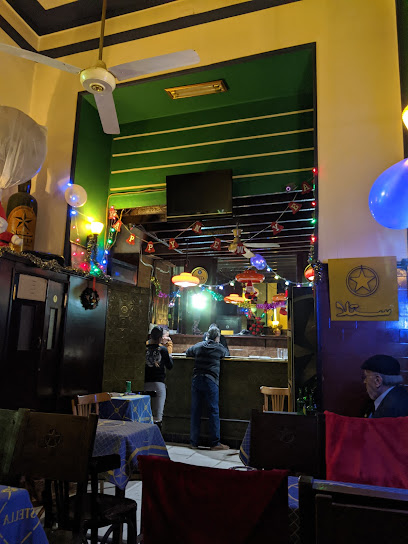
Explore the Rich Heritage at Ghorya Culture Center
Discover the beauty of Islamic architecture and rich Egyptian heritage at the Ghorya Culture Center in Cairo.
Step into the Ghorya Culture Center, a captivating museum in Cairo that showcases the exquisite beauty of Islamic architecture and rich Egyptian heritage. This cultural gem invites tourists to experience the intricate designs and historical significance of the artifacts within its walls.
A brief summary to Ghorya Culture Center
- 27W6+88P, Al-Darb Al-Ahmar, Ad Darb Al Ahmar, Cairo Governorate, EG
Local tips
- Visit during the early morning or late afternoon to avoid crowds and enjoy a quieter experience.
- Consider joining a guided tour to gain deeper insights into the exhibits and architecture.
- Check the museum's schedule for cultural events or workshops that may coincide with your visit.
- Wear comfortable shoes, as you may spend a lot of time walking through the exhibits.
Getting There
-
Metro
Start your journey by taking the Cairo Metro. Board the Metro Line 1 (the red line) at any convenient station. If you're starting from Tahrir Square, take the Metro from Sadat station. Travel towards Helwan station and get off at the 'El-Marg' station. This should take approximately 20 minutes.
-
Walking
After you exit the Metro at El-Marg station, take the exit that leads towards the main road. You will find yourself on the street called 'Al-Basatin'. Walk straight for about 5 minutes until you reach the main intersection. At the intersection, turn left onto 'El-Darb Al-Ahmar Street'. Continue walking straight for about 15 minutes, and you will see the Ghorya Culture Center on your right side.
-
Bus
Alternatively, after getting off the Metro at El-Marg station, you can take a local bus. Look for Bus number 30 which travels towards Al-Darb Al-Ahmar. Board the bus and get off at the 'Al-Darb Al-Ahmar' stop. From there, it’s a short 5-minute walk to the Ghorya Culture Center. Just head east on Al-Darb Al-Ahmar street, and you will reach your destination.
-
Taxi
If you prefer a more direct route, consider taking a local taxi or ride-sharing service like Uber. Simply input 'Ghorya Culture Center' into the app, and the driver will take you directly to your destination. Make sure to confirm the address with the driver to ensure you arrive at '27W6+88P, Ad Darb Al Ahmar'. This option may take longer during peak hours due to traffic.
Discover more about Ghorya Culture Center
Iconic landmarks you can’t miss
Wasila Historical House
0.3 km
Discover the captivating history and architectural beauty of Wasila Historical House in the heart of Cairo, a must-see destination for travelers seeking cultural richness.
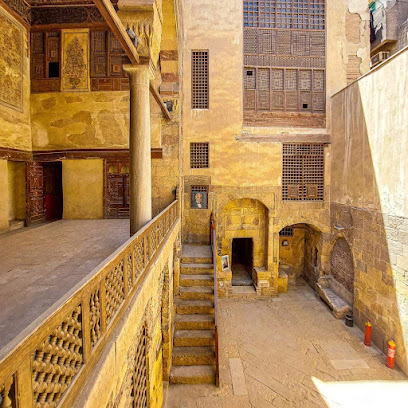
Al Emam El Hussein Mosque
0.3 km
Explore the spiritual essence and architectural beauty of Al Emam El Hussein Mosque, a cornerstone of Islamic heritage in Cairo.
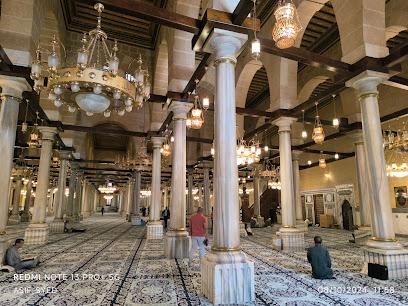
Mosque Qalawun
0.4 km
Explore the architectural brilliance of Mosque Qalawun, a historical gem in Cairo that showcases the beauty of Islamic design and rich cultural heritage.
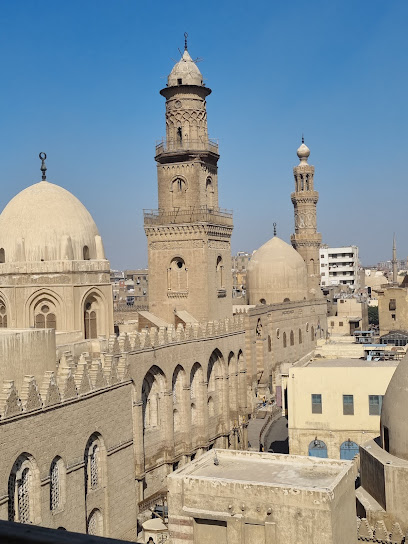
house alqadi
0.5 km
Explore House Alqadi, a captivating tourist attraction in Al-Jamaleya, showcasing stunning architecture and rich Egyptian heritage.
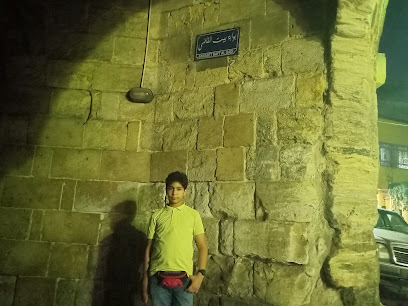
شارع المعز لدين الله الفاطمي
0.6 km
Discover the rich history and stunning architecture of Al-Muizz Street, a vibrant cultural hub in the heart of Cairo.
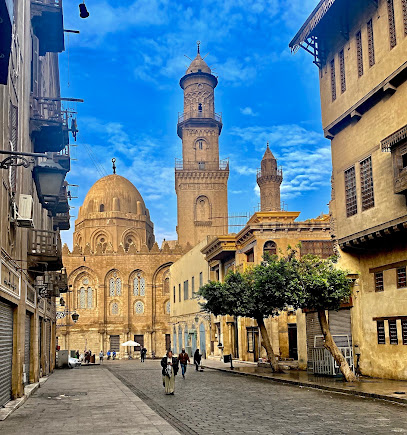
سكة النبوية
0.6 km
Discover the historical essence of Cairo at Sekat Al Nabawia, where the past meets the present in a vibrant cultural tapestry.
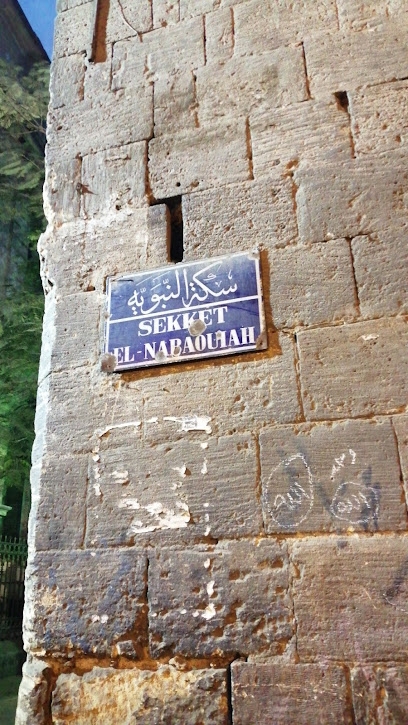
سكة النبوية
0.6 km
Explore Seket Al Nabawia, a historical landmark in Cairo that showcases the rich culture and architectural beauty of Egypt's vibrant past.
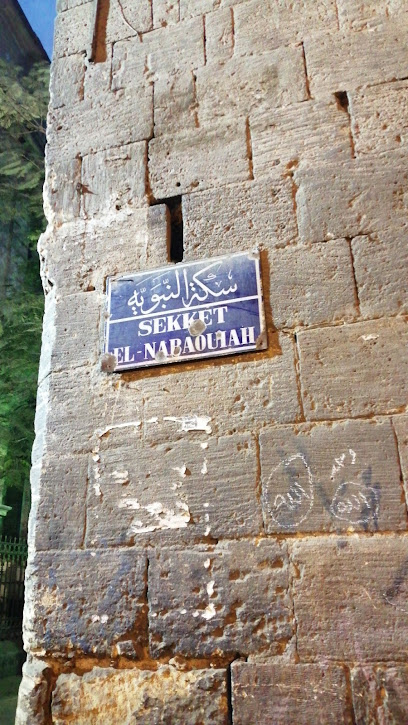
سور القاهرة الشمالي
1.0 km
Discover the cultural treasures of Sur al-Qahira al-Shamaliy, a historical landmark in Cairo that embodies the city's rich heritage and vibrant atmosphere.
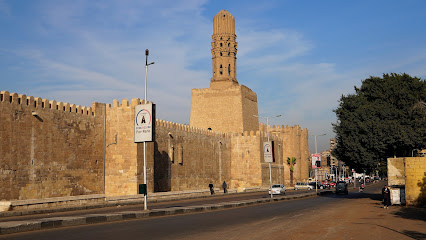
مسجد تاريخي
1.3 km
Explore the Historical Mosque, a stunning architectural marvel in Cairo that embodies the rich cultural heritage and spiritual essence of Egypt.
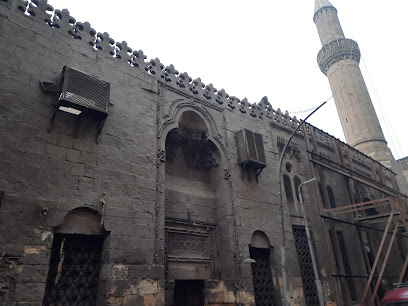
Prince Taz Palace
1.7 km
Explore the Prince Taz Palace, a historical gem in Cairo showcasing stunning Mamluk architecture and rich cultural heritage.
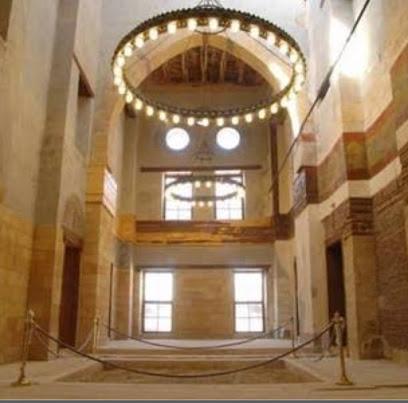
ميدان صلاح الدين
1.7 km
Explore the vibrant history and culture of Cairo at Midan Salah El-Din, a historic square rich with architectural beauty and local life.
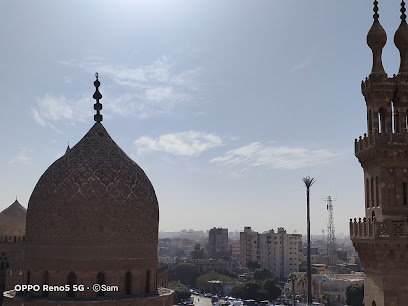
National Military Museum Egypt
1.7 km
Discover Egypt's military legacy at the National Military Museum, where history comes alive through fascinating exhibits and stunning architecture.
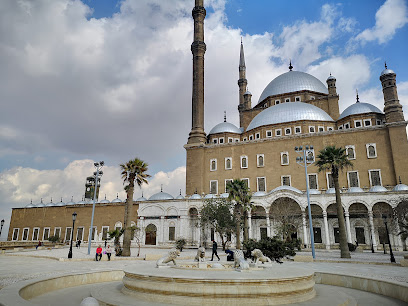
Sabil-kuttab of Sultan Qaitbay سبيل و كتاب قايتباى
1.8 km
Explore the Sabil-kuttab of Sultan Qaitbay, a historical landmark in Cairo showcasing exquisite Mamluk architecture and rich cultural heritage.
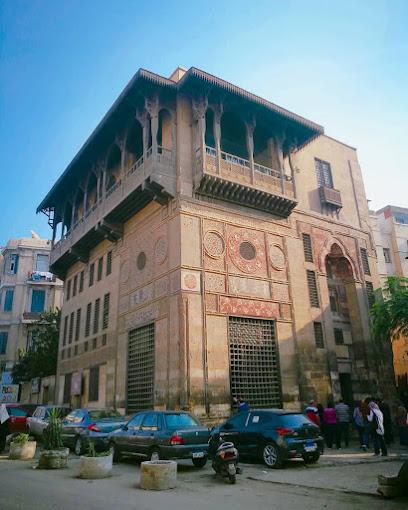
Mohamed Ali mosque
1.9 km
Explore the breathtaking Mohamed Ali Mosque, a masterpiece of Ottoman architecture and a symbol of Cairo's rich cultural heritage.
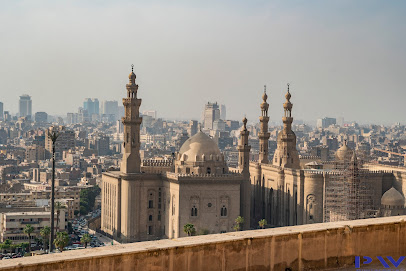
ش عماد الدين
1.9 km
Explore Emad El-Deen Street, a historic landmark in Cairo rich in culture, architecture, and vibrant street life, offering a glimpse into Egypt's illustrious past.
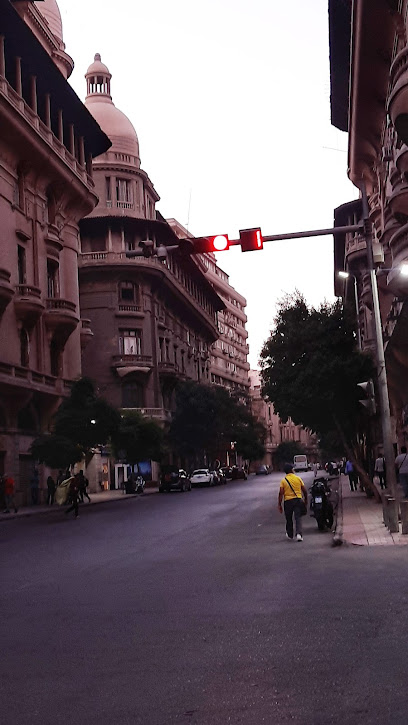
Unmissable attractions to see
Wekalet El Ghoury
0.0 km
Discover the artistic soul of Cairo at Wekalet El Ghoury, where history, culture, and creativity converge in a vibrant atmosphere.
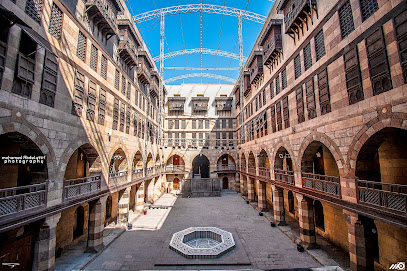
Wekalet of Sultan al-Ghuri – Arts Center
0.1 km
Discover the enchanting Wekalet of Sultan al-Ghuri, a vibrant arts center in Cairo offering captivating performances and a glimpse into Egypt's rich cultural heritage.
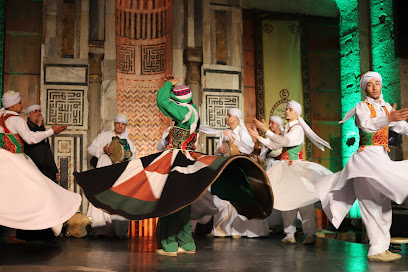
Al Ghuri Dome
0.1 km
Discover the architectural marvel of Al Ghuri Dome, a historical masterpiece in the heart of Cairo showcasing the grandeur of the Mamluk era.
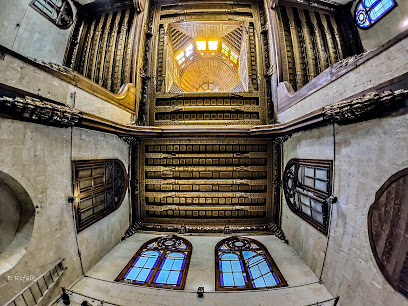
Qaytbay caravansary
0.1 km
Immerse yourself in the rich heritage of Cairo at the Qaytbay Caravansary, a historic site reflecting the grandeur of the Mamluk era.
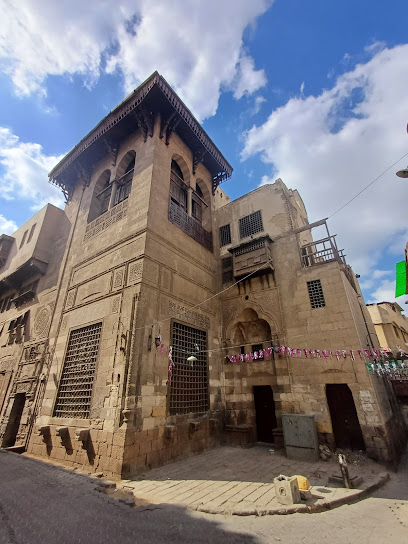
Al-Azhar Mosque
0.2 km
Discover the grandeur of Al-Azhar Mosque, a symbol of Islamic heritage and education in the heart of Cairo, steeped in history and beauty.
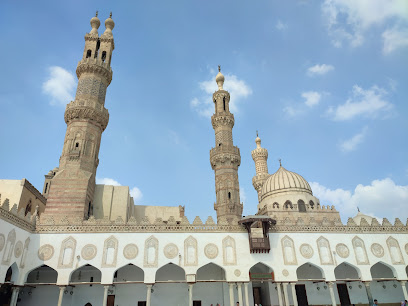
Mosque of Sultan Al-Ashraf Barsbay مسجد السلطان الأشرف برسباى
0.2 km
Explore the stunning Mosque of Sultan Al-Ashraf Barsbay, a masterpiece of Mamluk architecture in Cairo's historical heart, rich in culture and serenity.
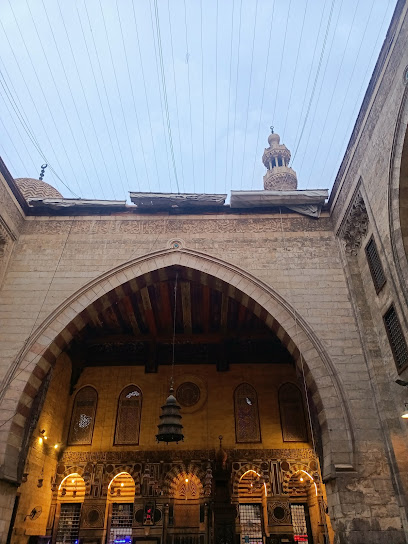
El Fishawy Cafe
0.2 km
Experience the rich history and vibrant atmosphere of El Fishawy Cafe, an iconic destination in Cairo's historic Khan El Khalili market.
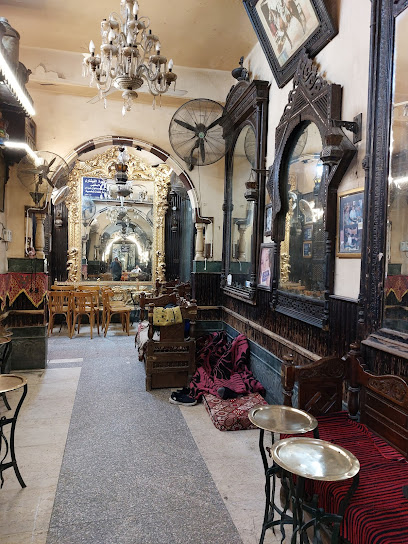
Khan el-Khalili
0.3 km
Explore Khan el-Khalili, Cairo's historic bazaar, where vibrant culture meets traditional commerce in a must-visit shopping destination.
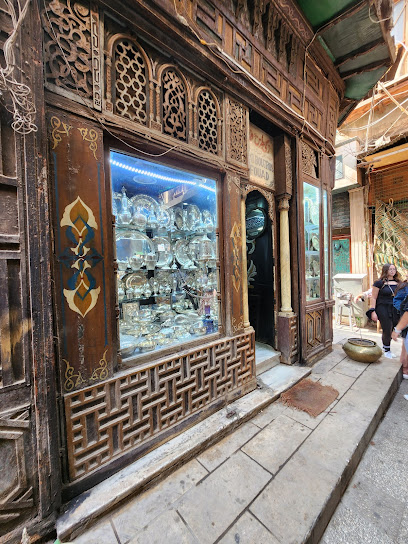
Saint Mary Church
0.3 km
Discover the serene beauty of Saint Mary Church in Cairo's historic El-Darb El-Ahmar district, a hidden gem of spirituality and architecture.
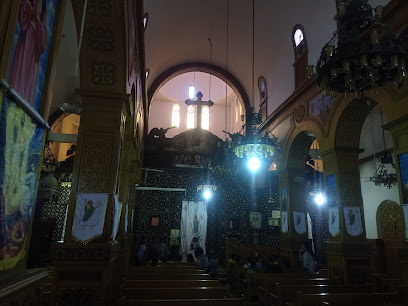
Zeinab Khatoon
0.3 km
Explore the rich history and vibrant culture of Cairo at Zeinab Khatoon, a must-see historical site that enchants every visitor.
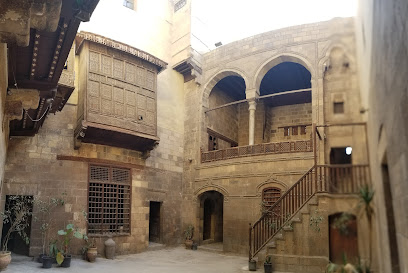
The Mosque of Imam Hussein
0.3 km
Discover the awe-inspiring Mosque of Imam Hussein in Cairo, an architectural gem that offers a profound spiritual experience and rich cultural heritage.
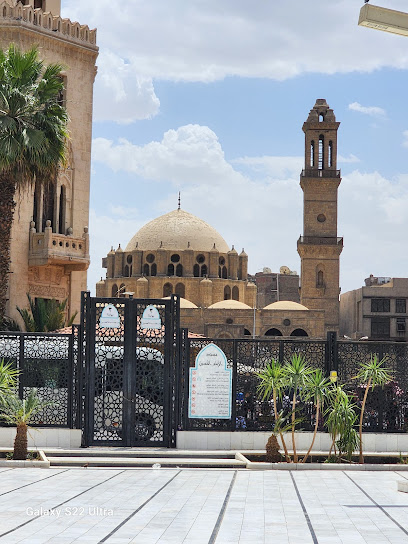
Madrasa and Mausoleum of al-Salih Najm al-Din Ayyub
0.4 km
Explore the architectural marvels of the Madrasa and Mausoleum of al-Salih Najm al-Din Ayyub in Cairo, where history meets stunning Islamic design.
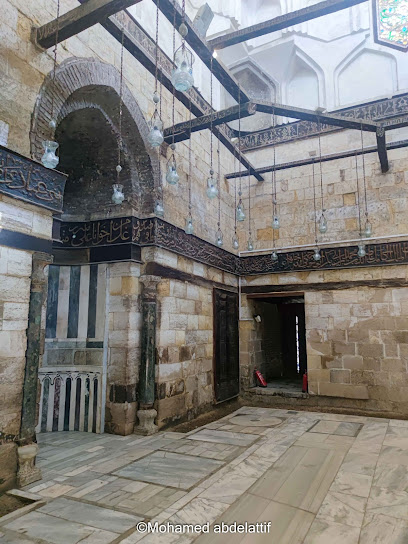
Qalawun Complex
0.4 km
Explore the Qalawun Complex, a historical landmark in Cairo, showcasing stunning Islamic architecture and centuries of rich heritage.
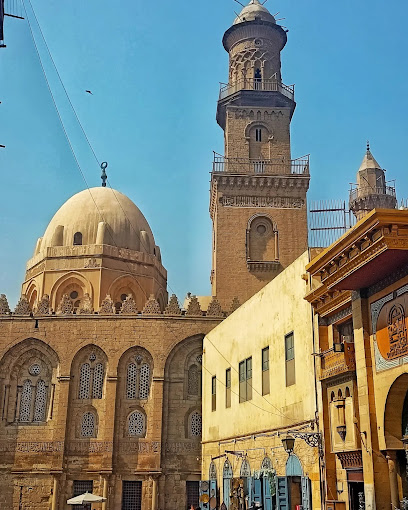
Mosque of Sultan al-Muayyad Shaykh
0.4 km
Discover the stunning architectural beauty and cultural significance of the Mosque of Sultan al-Muayyad Shaykh in the heart of Islamic Cairo.
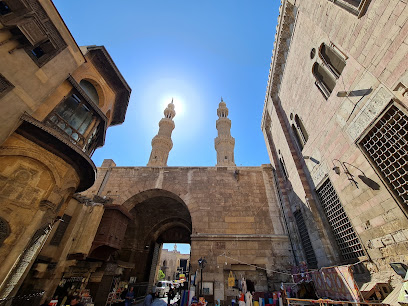
Madrasa And Dome Of Sultan Al-Nassir Mohammed Ibn Qalawun
0.4 km
Explore the Madrasa and Dome of Sultan Al-Nassir Mohammed Ibn Qalawun, a historical gem showcasing exquisite Islamic architecture in the heart of Cairo.
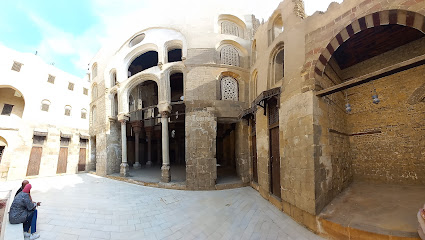
Essential places to dine
Gad
0.1 km
Experience the flavors of Egypt at Gad—where traditional cuisine meets fast food convenience in El Gamaliya.
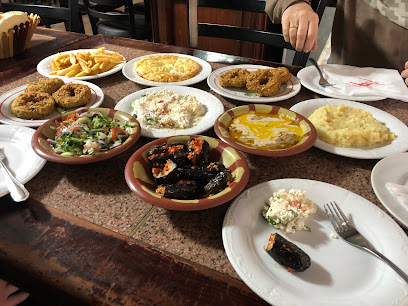
Cafe & Restaurant - Tekiyt Khan Khatun
0.3 km
Discover the authentic taste of Japan at Tekiyt Khan Khatun - A charming izakaya cafe in Cairo offering exquisite flavors and delightful ambiance.
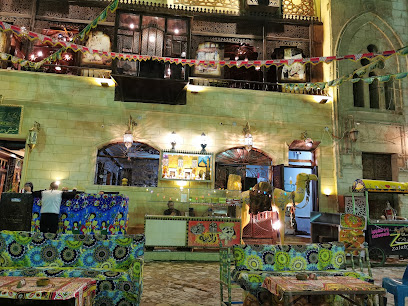
Abou Ahmed
0.5 km
Experience the authentic taste of Egypt at Abou Ahmed – a must-visit restaurant in Cairo's Al Gamaleyah district.
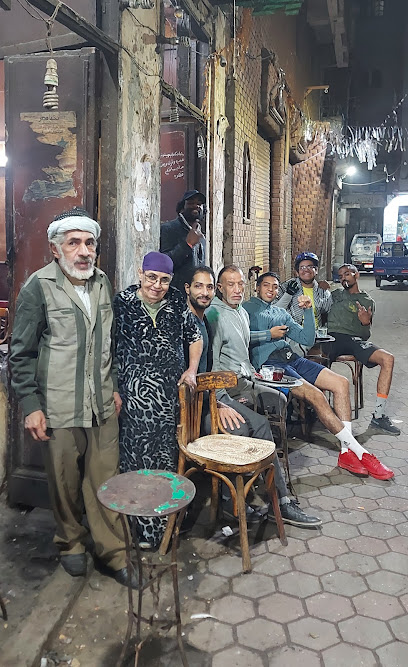
Alain Le Notre
0.6 km
Experience authentic Egyptian barbecue at Alain Le Notre, where flavor meets tradition in the heart of Cairo.
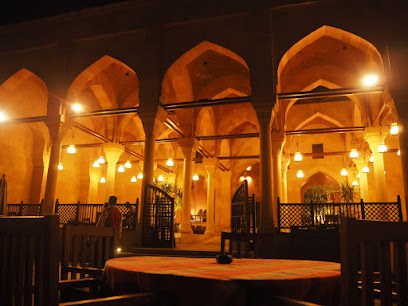
The Citadel Restaurant
0.6 km
Experience authentic Egyptian cuisine at The Citadel Restaurant in Cairo - a culinary gem blending tradition and flavor.
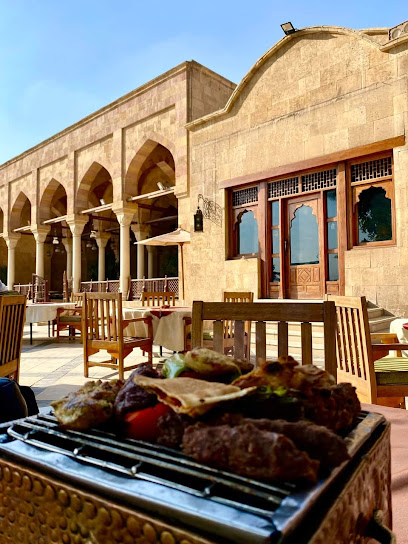
Zeeyara Restaurant
0.7 km
Discover authentic Egyptian cuisine at Zeeyara Restaurant with breathtaking views of the pyramids in El Gamaliya.
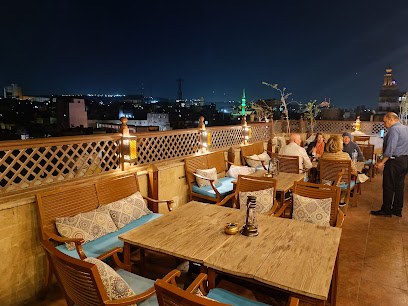
مطعم الكبيرة
1.3 km
Experience authentic Egyptian breakfast delights at مطعم الكبيرة in El Gamaliya, where tradition meets flavor in every bite.

Nitocrisse Restaurant & Cafe
1.7 km
Discover Nitocrisse Restaurant & Cafe: A Culinary Gem Offering Authentic Izakaya Experience in the Heart of Cairo.
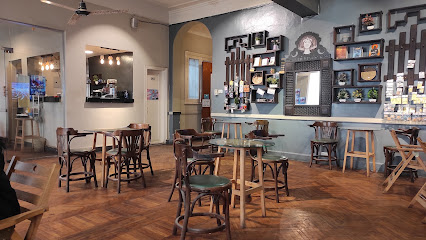
Eish + Malh
1.8 km
Discover Eish + Malh: A vibrant dining destination in Downtown Cairo offering diverse cuisine and live entertainment.
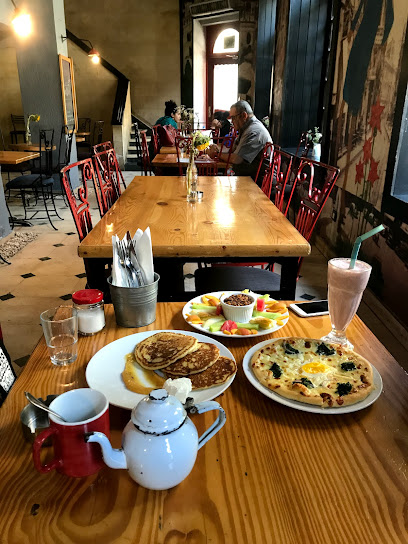
Wust El Balad Restaurant - مطعم وسط البلد
1.8 km
Discover authentic Egyptian cuisine at Wust El Balad Restaurant, a vibrant dining experience blending tradition with modern flair in Cairo.
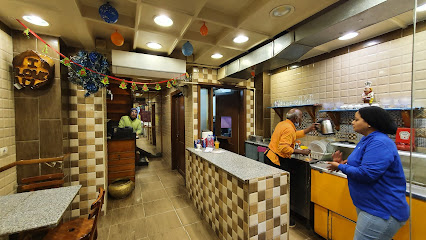
LA Chesa Restaurant
1.8 km
Experience authentic Egyptian cuisine at LA Chesa Restaurant in Downtown Cairo, where traditional flavors meet modern dining ambiance.
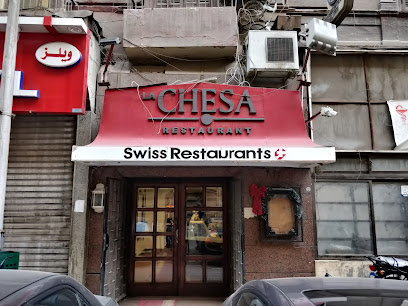
Emporio CG
2.0 km
Discover authentic Egyptian flavors at Emporio CG, where culinary tradition meets modern elegance in the heart of Cairo.

CaiRoma
2.1 km
Experience authentic Italian cuisine at CaiRoma, where every dish tells a story and every meal is a celebration.
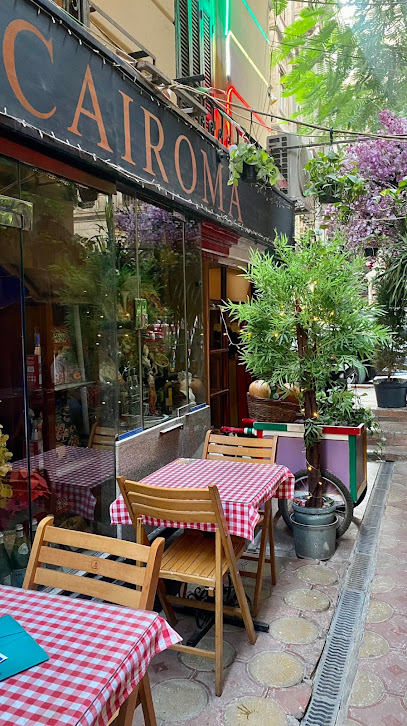
Oldish ( Restaurant & Cafe )
2.2 km
Discover Oldish in Cairo: A delightful restaurant & café offering traditional Egyptian cuisine with a modern twist.
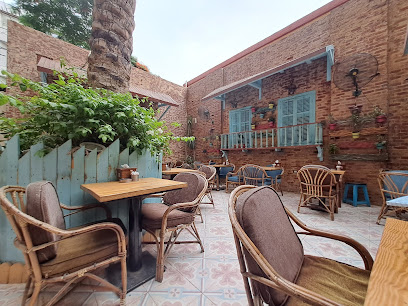
Felfela
2.2 km
Discover the essence of Egyptian cuisine at Felfela - where tradition meets flavor in a vibrant setting.
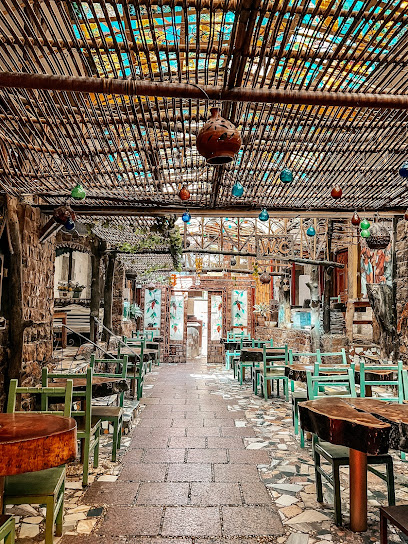
Markets, malls and hidden boutiques
Egyptology store
0.2 km
Explore the Egyptology Store in Cairo's Khan el-Khalili for unique souvenirs and gifts that celebrate Egypt's rich history and culture.
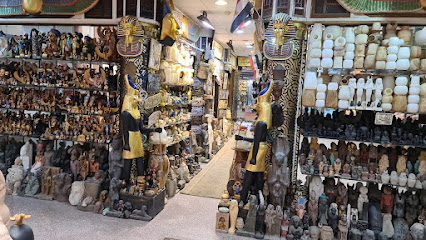
Egyptian مصري
0.2 km
Explore Egyptian مصري, a vibrant gift shop in Cairo's historic bazaar, offering unique souvenirs and handcrafted treasures that capture the essence of Egypt.
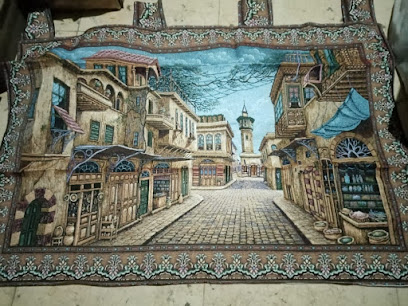
Bazaar El-Ekhlas | بازار الاخلاص
0.2 km
Explore the historic Bazaar El-Ekhlas, a treasure trove of antiques and unique artifacts in Cairo's vibrant Khan El-Khalili market.
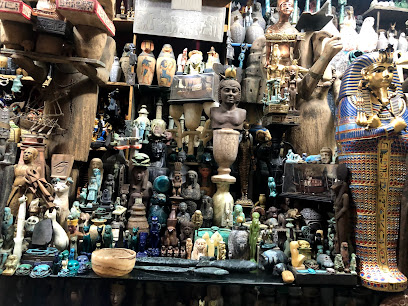
Egypt Store
0.2 km
Explore unique women's fashion and accessories at the Egypt Store in Cairo, a vibrant destination for style enthusiasts.
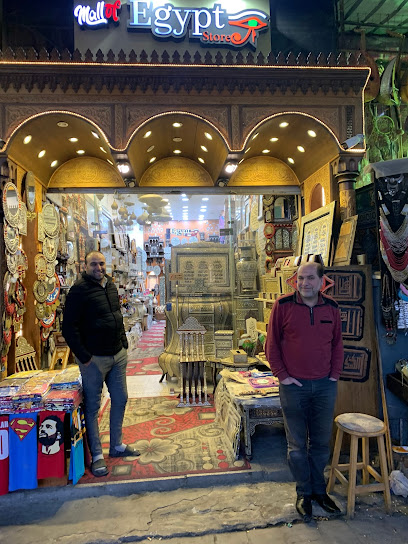
Old Shop Gallery
0.2 km
Explore Old Shop Gallery in Cairo for unique antique furniture and artifacts steeped in Egyptian history and craftsmanship.
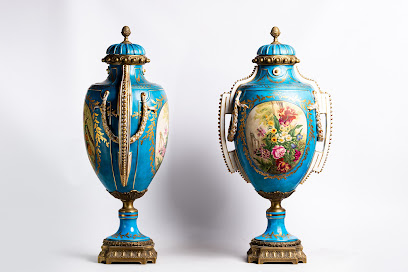
Alabaster shop
0.2 km
Discover unique alabaster crafts and gifts in the heart of Cairo's historic El Gamaliya district, reflecting Egypt's rich artistic heritage.
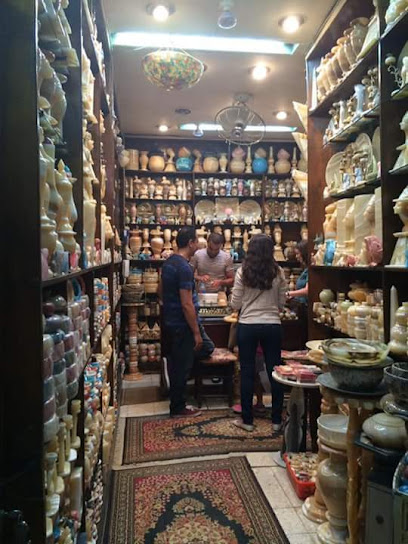
Jordi bazar shop
0.2 km
Explore Jordi Bazar Shop in Cairo for unique souvenirs that celebrate Egyptian culture, perfect for every traveler seeking a memorable keepsake.
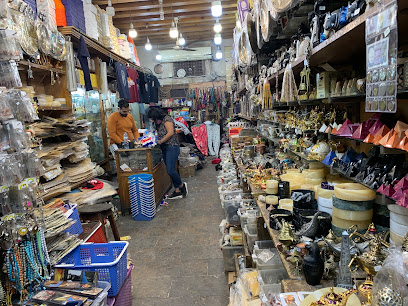
إيجيبت بازار - Egypt Bazaar
0.3 km
Explore the vibrant Egypt Bazaar in Cairo for authentic souvenirs and local crafts showcasing the rich culture of Egypt.
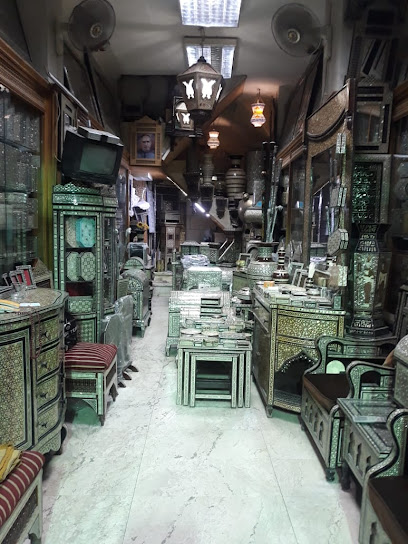
Khan Al Khalili Center
0.3 km
Explore the rich history and vibrant culture of Cairo at Khan Al Khalili Center, a must-visit shopping destination filled with local crafts and delicious cuisine.
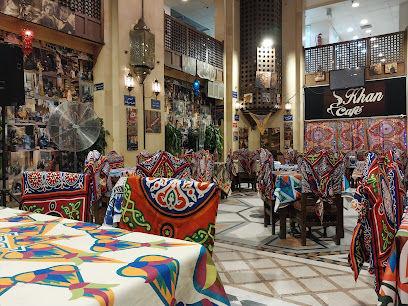
Underground Store
1.7 km
Explore the Underground Store in Cairo for unique clothing that blends modern style with traditional Egyptian flair.
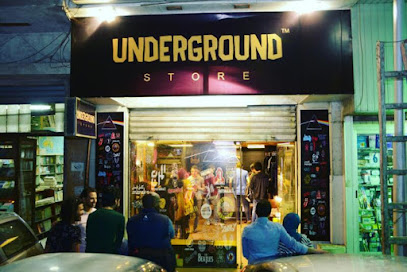
Fawezey-Boutique
1.8 km
Explore the charming Fawezey-Boutique in Al Azbakeya for unique Egyptian gifts, handcrafted treasures, and a taste of local culture.
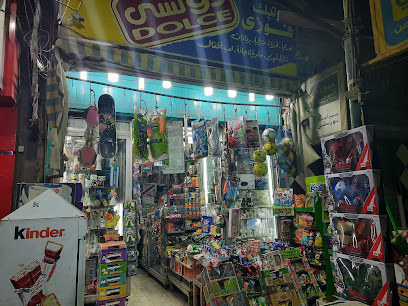
El Nile
1.9 km
Explore the literary wonders of El Nile Bookstore, a cultural gem in Cairo's vibrant Oraby district, where Egyptian heritage meets modern literature.

See You Accessories
1.9 km
Discover a stylish blend of accessories, bags, and cosmetics at See You Accessories in Cairo, a must-visit for every fashion enthusiast.

The thousand and one nights bazaar
2.0 km
Explore the magic of The Thousand and One Nights Bazaar in Cairo, where exquisite souvenirs and vibrant culture come together for an unforgettable shopping experience.
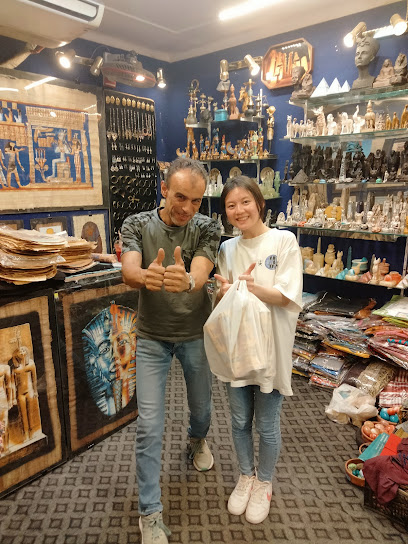
Egyptian Bazaar
2.1 km
Explore the Egyptian Bazaar, a vibrant souvenir store in Cairo filled with unique crafts, local culture, and unforgettable shopping experiences.
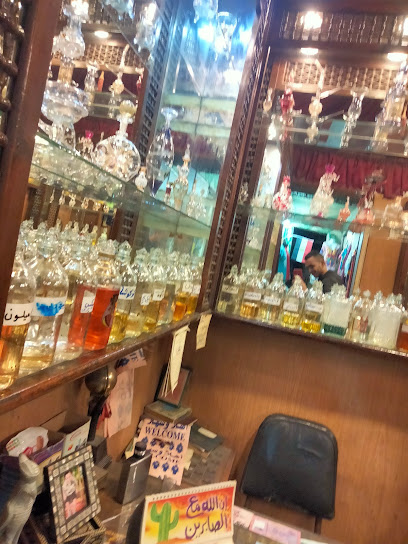
Essential bars & hidden hideouts
X-tètika Bar & Grill
0.4 km
Experience the flavors of Egypt at X-tètika Bar & Grill, where culinary tradition meets contemporary dining in the heart of Cairo.

Rumah abbo
0.4 km
Discover Rumah Abbo: A vibrant bar in Al-Darb El-Ahmar offering an authentic taste of Cairo's nightlife and rich local culture.
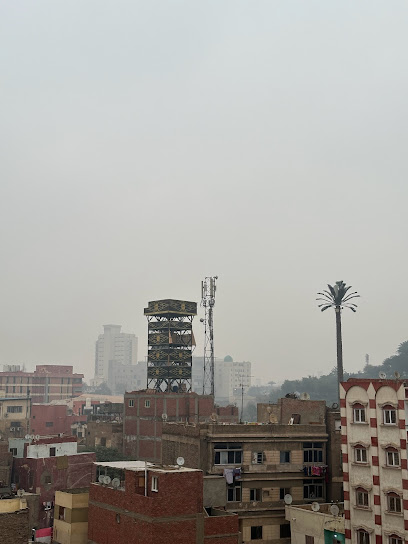
Abu saaed
0.7 km
Discover the lively spirit of Cairo at Abu Saaed, a bar where traditional flavors meet vibrant nightlife.
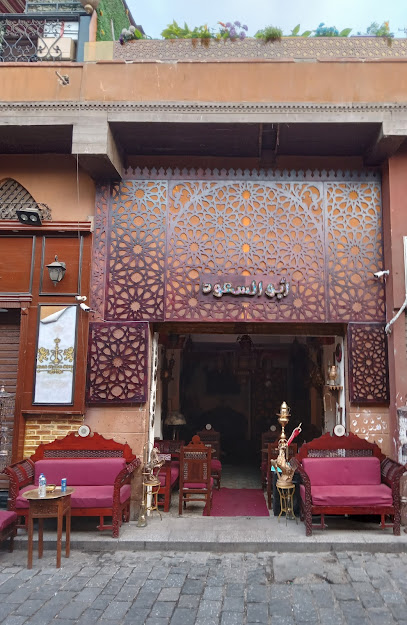
Ьалвлв
0.9 km
Discover the lively ambiance and authentic Egyptian nightlife at Ьалвлв, a must-visit bar in El Gamaliya, Cairo.

Cap D'or
1.7 km
Experience Cairo's nightlife at Cap D'or, a vibrant bar offering a wide selection of drinks and a lively atmosphere for all visitors.
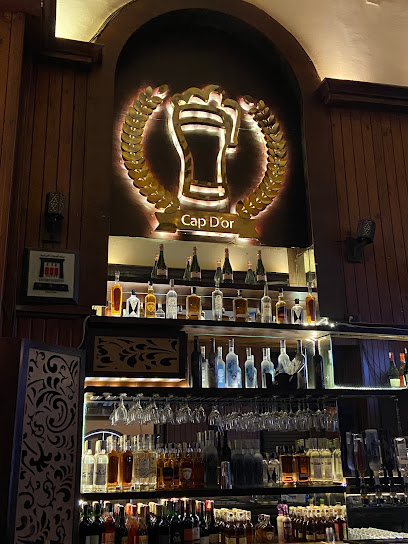
جامايكا
1.8 km
Discover the vibrant nightlife of Jamaica in Cairo, where cocktails, music, and a lively atmosphere await every visitor.
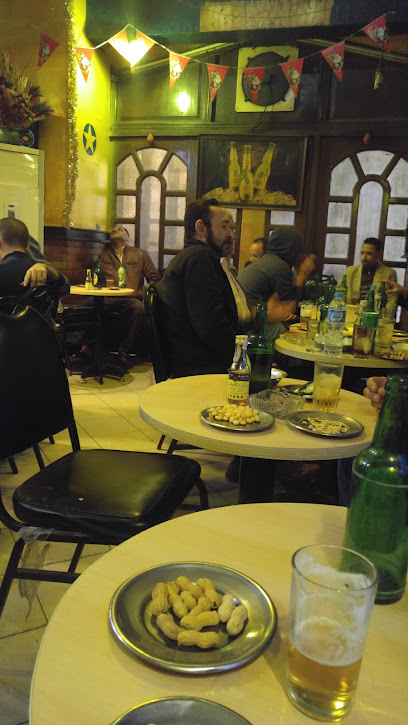
Le Comte Downtown Bar
1.8 km
Discover the vibrant nightlife at Le Comte Downtown Bar in Abdeen, Cairo—where locals and tourists unite for unforgettable evenings.
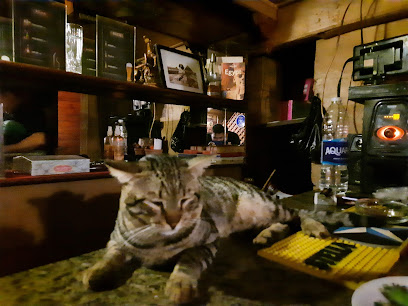
Cave De Corinthos Vintage Bar
1.9 km
Discover the lively ambiance of Cave De Corinthos Vintage Bar in Cairo, a perfect blend of vintage charm and modern drinks.
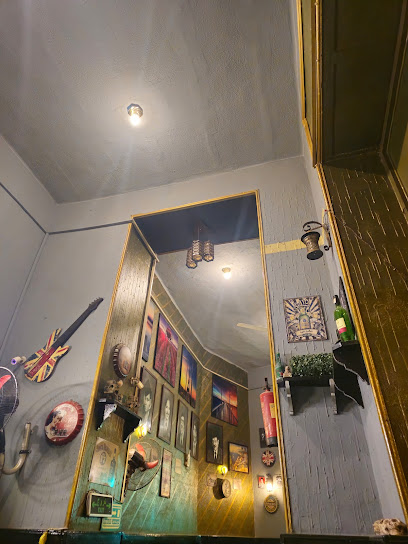
Kings Bar
2.0 km
Discover Kings Bar in Cairo for a lively atmosphere, delectable drinks, and unforgettable nightlife experiences in the heart of Egypt.
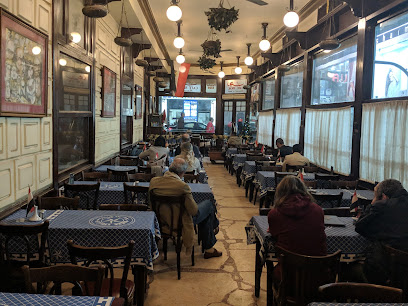
LE KAF DE CORANTOS BAR
2.1 km
Discover Cairo's nightlife at Le Kaf de Corantos Bar, where local charm meets vibrant energy in the heart of Downtown.
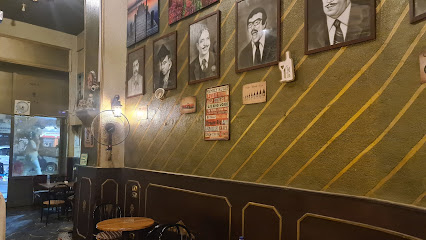
كاف دي كورينتوس بار
2.1 km
Discover the vibrant ambiance of كاف دي كورينتوس بار in Al Azbakeya, a perfect spot for relaxation and mingling in the heart of Cairo.
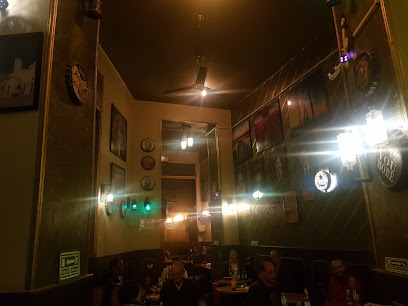
كاف دي كورينتوس بار
2.1 km
Discover the lively nightlife at كاف دي كورينتوس بار in Al Azbakeya, where exquisite drinks meet a vibrant atmosphere in the heart of Cairo.
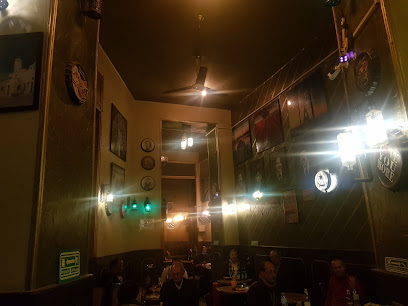
The Roof Garden
2.1 km
Discover tranquility at The Roof Garden, a premier lounge in Cairo offering stunning views, delightful refreshments, and a relaxing atmosphere.
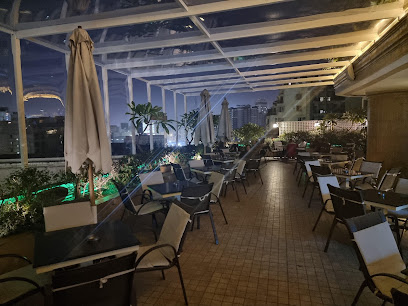
Odeon Palace Bar
2.2 km
Dive into the lively atmosphere of Odeon Palace Bar in Cairo, where delicious food, refreshing drinks, and vibrant nightlife come together.
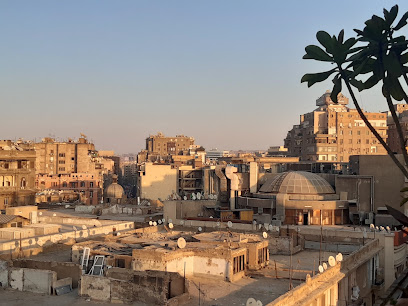
Stella Bar
2.2 km
Discover the lively atmosphere, affordable drinks, and welcoming vibe at Stella Bar, a must-visit spot in Cairo's vibrant Bab Al Louq neighborhood.
